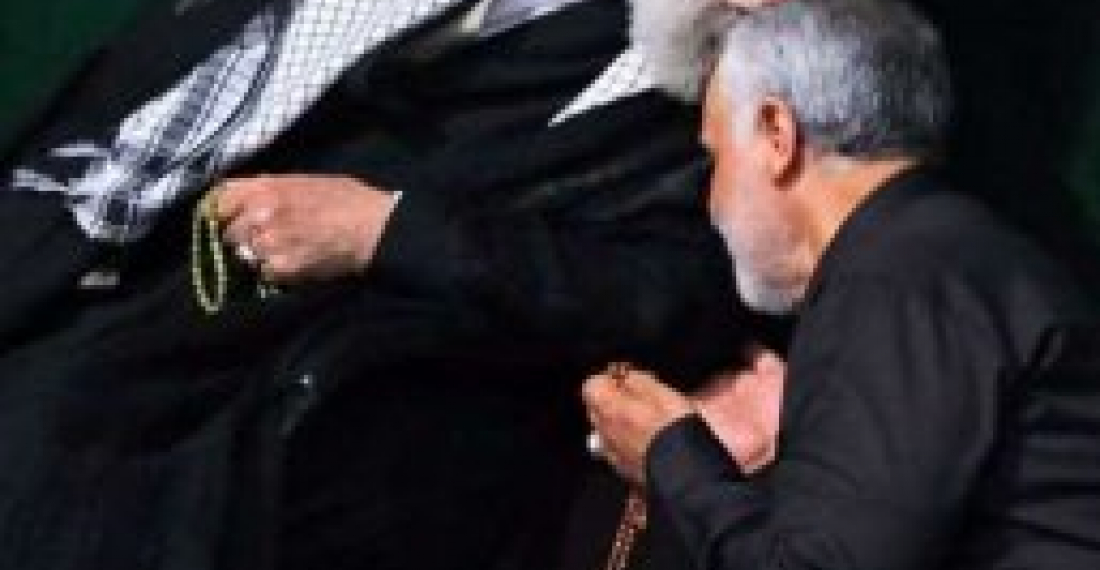Этот комментарий был подготовлен политическим редактором commonspace.eu.
Убийство главы Корпуса стражей иранской революции "Силы Кудса" в ходе военной операции США, санкционированной президентом Дональдом Трампом, сильно разожгло и без того напряженную ситуацию вокруг Ирана и будет иметь последствия для его соседей на западе и юге - для стран Персидского залива и стран Машрика, а также стран на севере и востоке, на Кавказе и в Центральной Азии. Генерал Касем Сулеймани был не просто еще одним солдатом. Он воплощал идеологическую сущность Исламской Республики Иран, и по значимости в стране, вероятно, уступал только духовному лидеру аятолле Хаманеи.
Иран был в состоянии постоянной революции в течение сорока лет и часто играл не по правилам международной дипломатии. Но его действия и решения гораздо более продуманы и просчитаны, чем считают иногда некоторые из его критиков. Убийство Сулеймани проверит это предположение до предела.
Иранцы гордые люди. Не все из них сочувствуют клерикальному режиму, который ими правит. Некоторые явно против этого, большинство других предпочитают сосуществовать. Тем не менее, большинство иранцев воспримут убийство Сулеймани как национальное оскорбление и поддержат свое правительство, если оно решит каким-то образом отомстить. Дональд Трамп, возможно, сделал невозможное - и объединил иранский народ.
Тем не менее, новые убийства не помогут решить проблемы Ирана или Ближнего Востока. Это опасный момент для мира во всем мире. Необходимо приложить все усилия, чтобы остановить обострение ситуации и, в конечном итоге, восстановить политический диалог между Ираном и его противниками.
Этот комментарий был подготовлен политическим редактором commonspace.eu
фото: Иранский духовный лидер Аяттола Хаманеи и генерал Касем Солеймани
Мнения, выраженные в комментариях и статьях, не обязательно отражают позицию commonspace.eu или его партнера.






